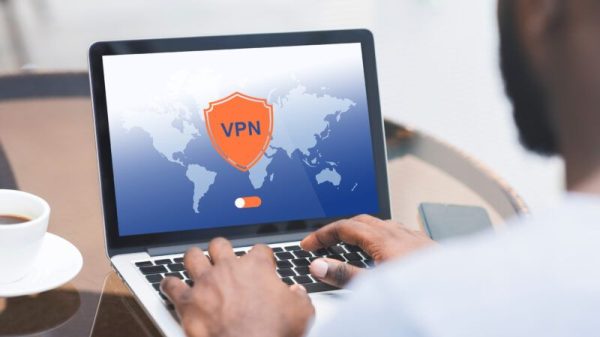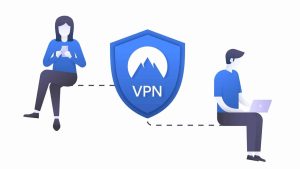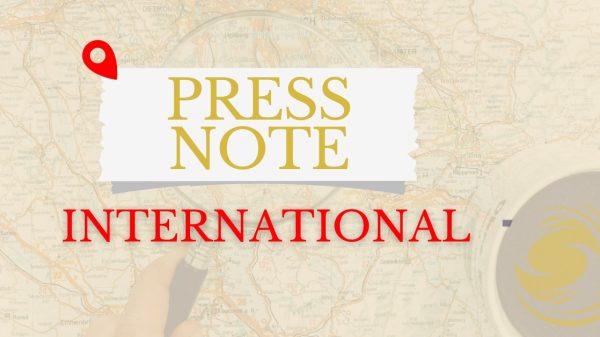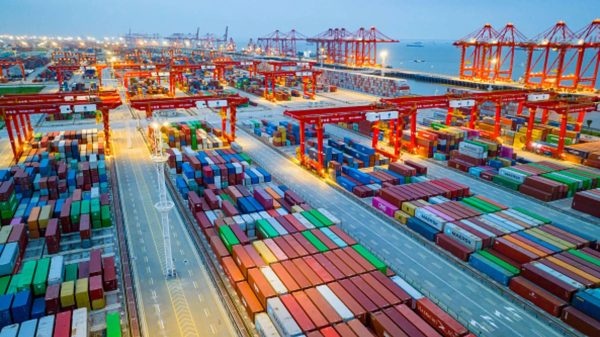Age Verification Laws Fuel Global VPN Boom

- Update Time : Wednesday, July 30, 2025

As countries around the world accelerate efforts to regulate age-restricted and sensitive online content, a quiet shift is unfolding across the digital landscape: VPN use is surging—and not just in the West. In regions like South Asia, where conservative social norms often intersect with regulatory uncertainty, more users are turning to virtual private networks (VPNs) as a tool for anonymity, safety, and unrestricted access.
A New Era of Online ID Checks
From the United Kingdom to France, and from Ireland to a growing number of U.S. states, governments are now requiring websites and apps hosting age-restricted content—such as mental health resources, forums, or gated platforms—to implement stringent age-verification systems. These include methods like ID scans, facial recognition, credit card validation, or government-issued documentation.
The intention, many regulators argue, is to protect minors from harmful material. But these mechanisms come with a trade-off: real-name identity checks often erode user privacy and open the door to mass surveillance. As a result, many internet users—particularly young people—are seeking workarounds.

Why VPN Use Is Surging Worldwide
In recent months, VPN providers like Proton, NordVPN, and Windscribe have all reported massive spikes in downloads. Proton VPN noted a 1,400% increase in new sign-ups within hours of one such regulation going into effect, with daily registrations holding steady at nearly 1,800% above average in some regions. Sensor Tower, a market intelligence firm, reported that several VPN apps dominated the top 10 rankings on app stores in affected countries.
These spikes are not isolated to the West. Global demand for VPNs often mirrors moments of digital tightening—whether through surveillance laws, censorship, or platform restrictions. Experts warn that this cycle of restriction and circumvention is becoming the new normal.
The Global South
South Asia—home to over a billion internet users across India, Bangladesh, and Pakistan—presents a unique case. While these countries may not have formal nationwide age-verification laws yet, they have a long history of content blocks, moral policing, and informal filtering of “sensitive” material.
In such environments, VPNs have become increasingly popular among users seeking access to content that is culturally restricted or deemed inappropriate by authorities. These include forums, health-related sites, global entertainment platforms, and even social networks that may be occasionally throttled or shadow-blocked.

Despite a lack of transparent statistics, digital rights advocates and technology observers note a rising trend in VPN use across the region—particularly among the youth. Unlike in many Western countries, where debates around digital privacy are mainstream, users in South Asia often download VPNs as a practical solution without fully understanding the broader implications around data security and surveillance.
Experts Warn of a Slippery Slope
Digital privacy advocates are increasingly concerned about the unintended consequences of normalizing age-verification systems. “I think people just want to show that we can make some progress on this without thinking about what the consequences will be,” says Daniel Kahn Gillmor, a senior technologist at the American Civil Liberties Union.
Gillmor and others argue that quick-fix technological solutions—like mandatory ID uploads or AI-based verification—may appear helpful on the surface but risk exposing users to data collection, misuse, and profiling. In regions where data protection laws are weak or unenforced, the impact can be even more severe.

Access vs. Anonymity
The rise of age-verification laws highlights a broader tension in the digital age: how to protect vulnerable users while safeguarding the open internet. While governments push for regulation, users—especially in conservative societies—are quietly arming themselves with tools to reclaim control over their online experience.
Virtual private networks, once associated primarily with corporate security or tech-savvy users, are now a mainstream tool for everyday browsing. But as VPNs become more common, so do efforts to regulate or block them—raising fresh concerns about whether the right to privacy and digital access will remain universal, or become increasingly dependent on one’s location and legal framework.
For many in South Asia and beyond, the answer to that question may already be in their pocket: a VPN app quietly running in the background.










Leave a Reply